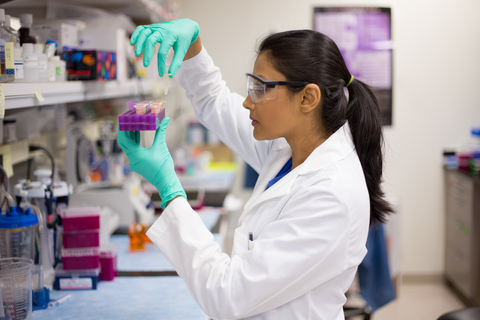£73k award for University of Liverpool epilepsy research

Researchers from the University of Liverpool have been awarded a £73,000 grant from Epilepsy Research UK to help identify brain imaging biomarkers for drug treatment response in epilepsy.
The University of Liverpool reports Dr Simon Keller, from its Institute Of Translational Medicine, has been awarded the grant to investigate whether or not it is possible to predict who will not respond to anti-epileptic medication (AEDs).
The first line of treatment for people with epilepsy is anti-epileptic medication. These drugs control seizures in 60% of people, and the reason why some people continue to experience seizures despite treatment with anti-epileptic medication is not known. If it was known who would not respond to anti-epileptic medication from the point of diagnosis of epilepsy, it might be possible to explore alternative or adjunctive therapies. Currently there is no way of predicting who will respond to treatment.
Specialised MRI scans can be used to investigate how parts of the brain are networked. Looking at networks is crucial in epilepsy as epileptic seizures arise because of abnormal brain networks. Most people with epilepsy will receive an MRI scan as part of their standard care.
Using new network analyses, Simon Keller and his team aim to identify imaging markers of anti-epileptic medication treatment outcome in people with epilepsy. This research could provide clinicians with important new information to counsel people about the likeliness of treatment success with anti-epileptic medication and potentially to consider alternative or adjunctive treatment options from an earlier stage for people who are likely not to respond.
Simon Keller said “Clearly it is important to start treatment for epilepsy as soon as possible and with between 30-40% of patients who fail to have seizures controlled with conventional drug therapy, it would be helpful to know which people may require alternative or adjunctive therapies. Using new analyses of MRI scans which show how the brain is networked we hope to identify imaging markers of AED treatment outcome in people with epilepsy.”








